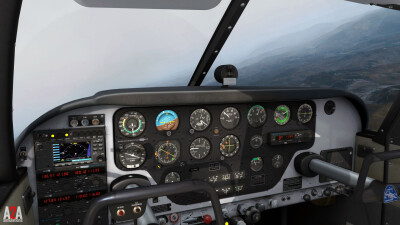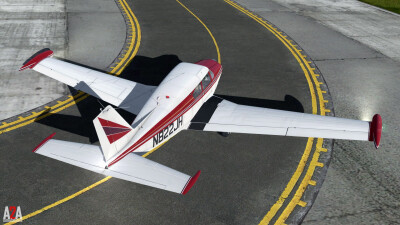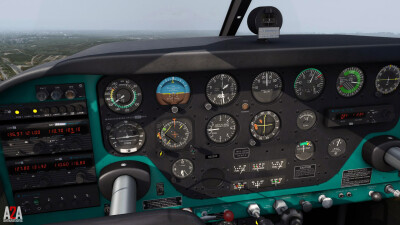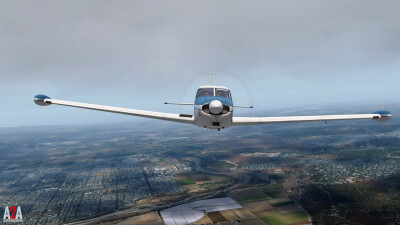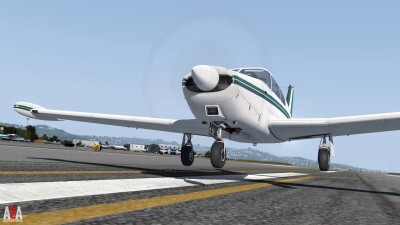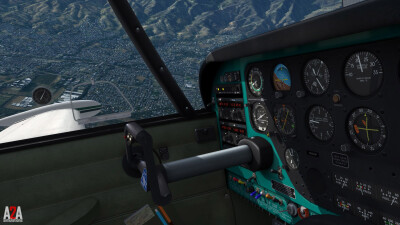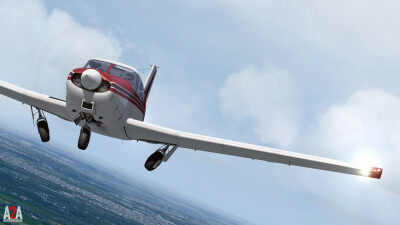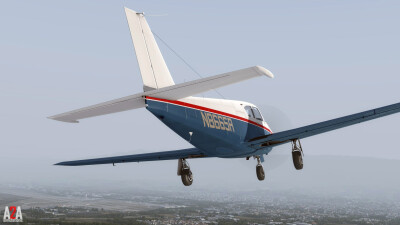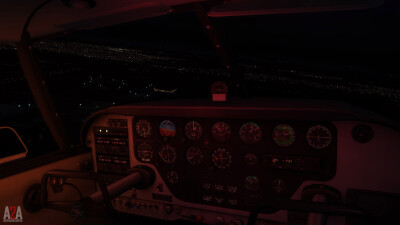Screenshots
Developer
This product has been produced by A2A Simulations. For A2A Simulations product support, please go to https://a2asimulations.com/forum/index.php
View A2A Simulations on OrbxDirectDocumentation
User GuideCompatibility
General
You will need Orbx Central to download and install this product. Orbx Central runs on Windows 7+, macOS and Linux. An internet connection is also required.
The download size of this product is 199.52 MB. It uses 335.27 MB when installed.
Supported Simulators
This product is compatible with the following simulators:
- Prepar3D v4
- Prepar3D v5
Supported Operating Systems
This product is compatible with the following operating systems:
- Windows



